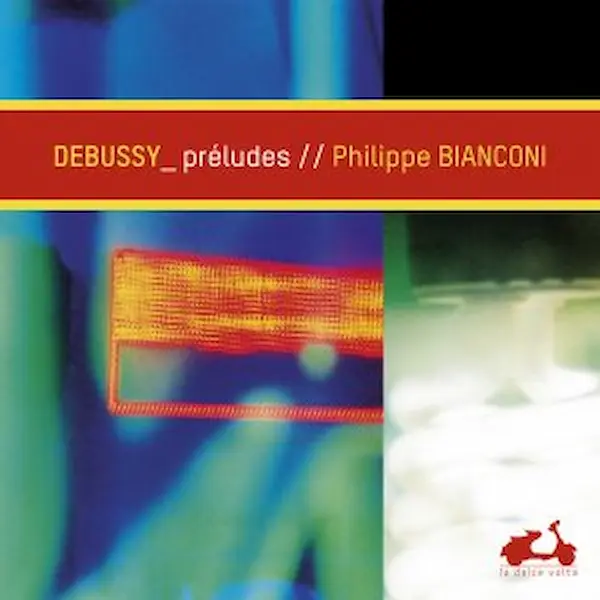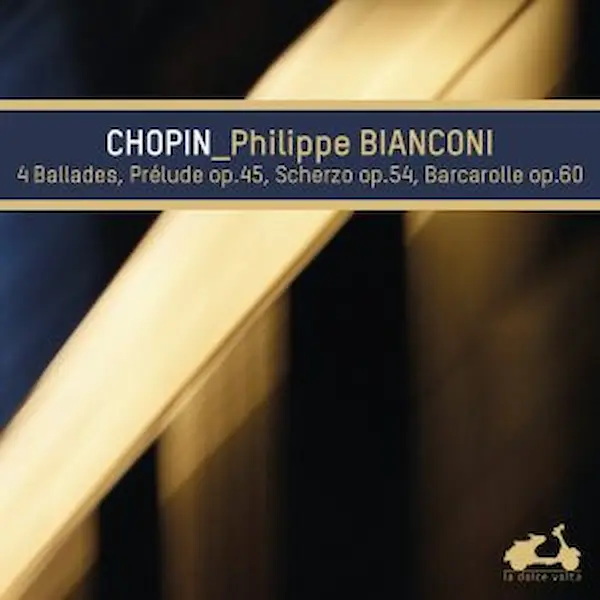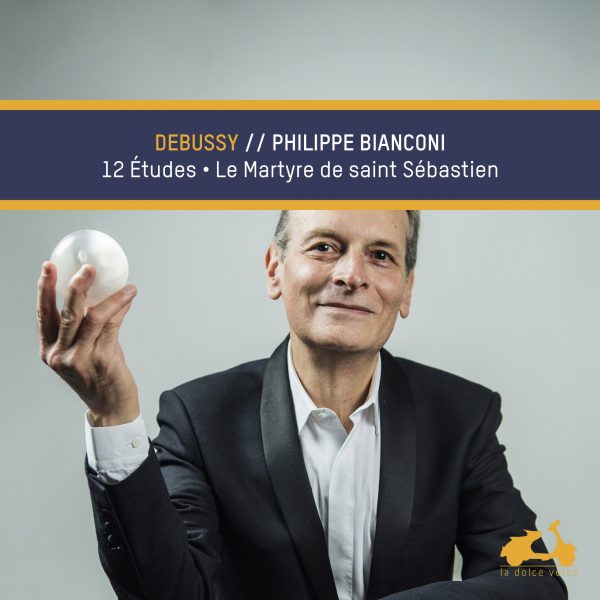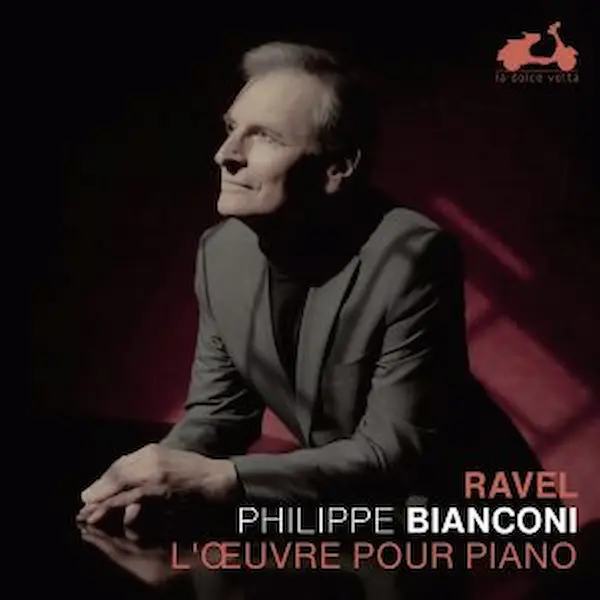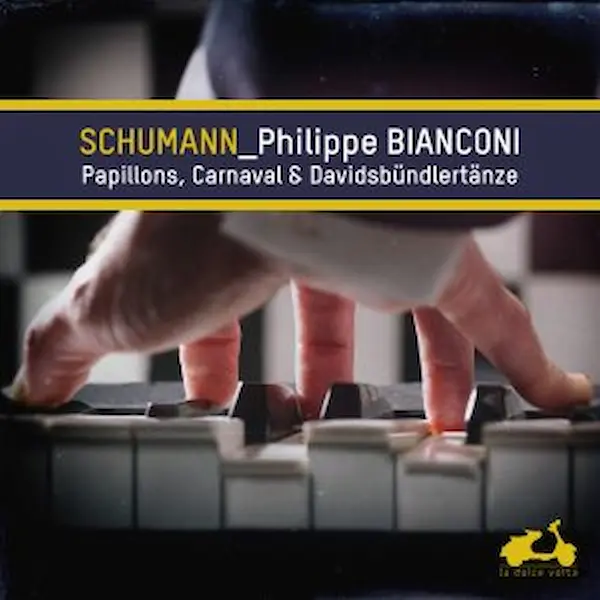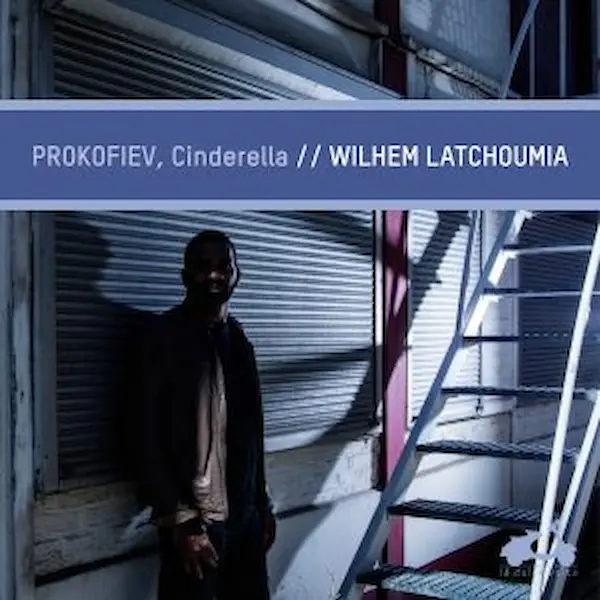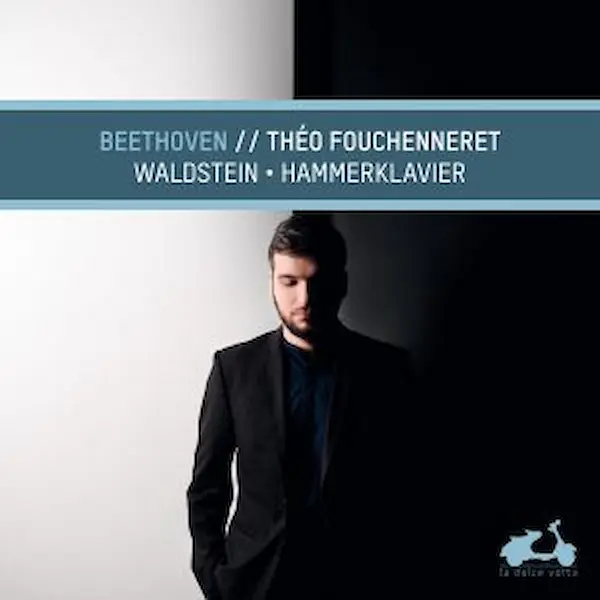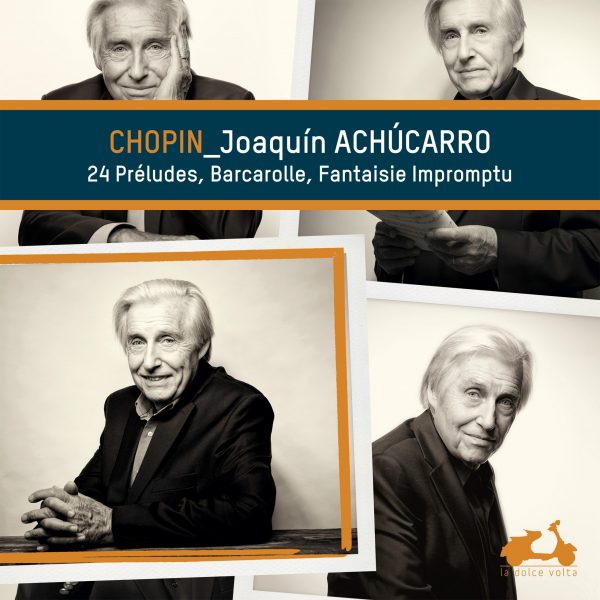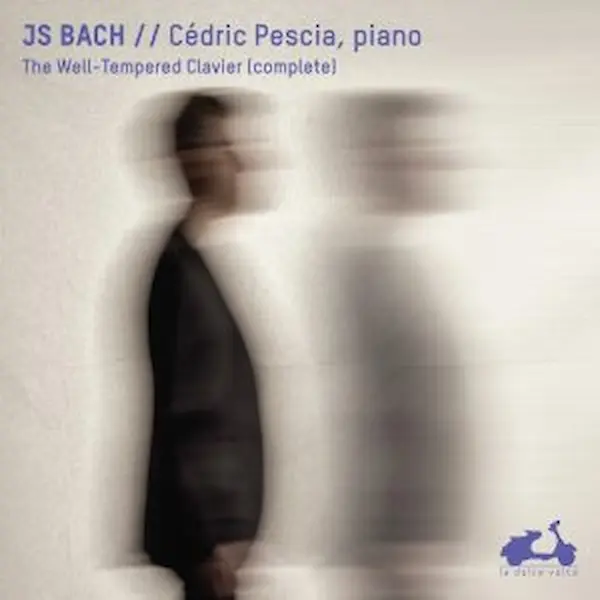Description
“Debussy has always been part of my life” says the pianist about the composer so close to his heart.
Discophiles have been impatiently awaiting his recording of the towering Préludes, but Philippe Bianconi has taken his time before entering the studio to capture what he calls “the quintessence of Debussy’s art”. Beneath his fingertips, which conjugate a profound attention to detail with an irresistible poetic imagination, the art ofClaude de France reveals all its riches and its startling modernity.
The enchanting sonorities and the density of Philippe Bianconi’s interpretation make his new CD a major addition to the list of great versions of the Préludes, enhanced by the exceptional sound quality of the recording itself, to which the pianist has devoted particular attention.




